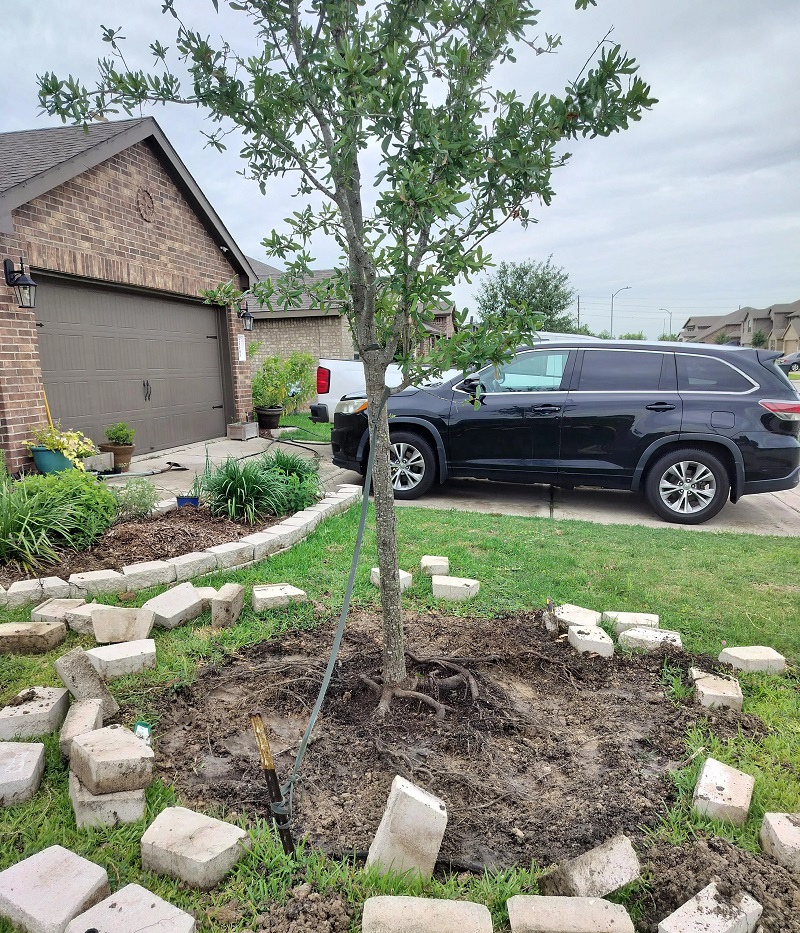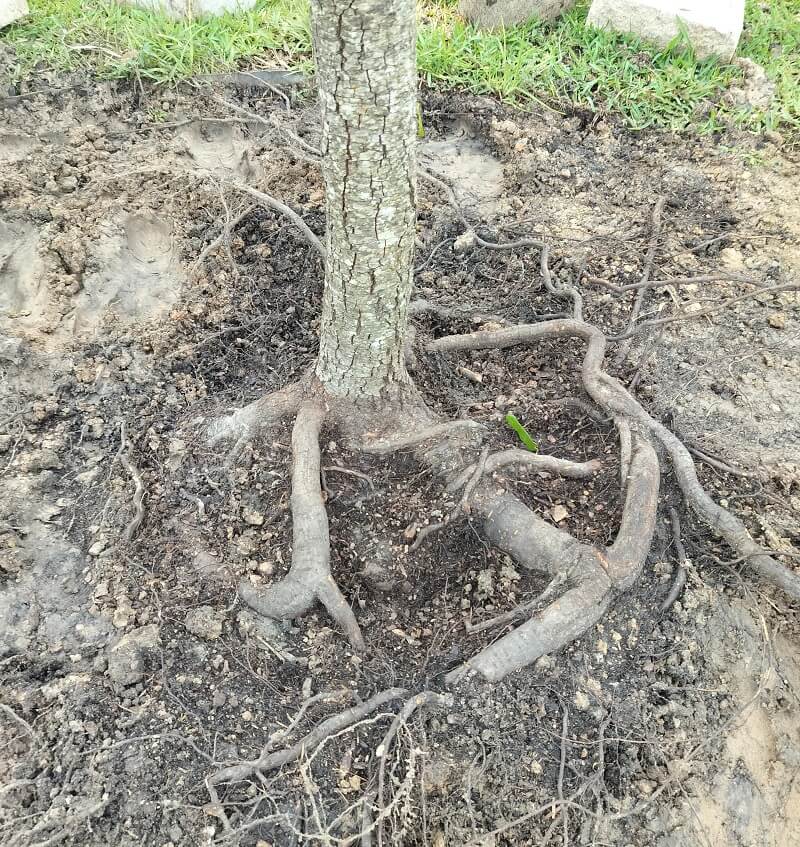A South Houston vegetable gardener went to the r/arborists Reddit forum after coming across a problem in the yard that was outside of their expertise.
Inheriting a live oak tree planted and required by their homeowners association, a homeowner became concerned for the tree's health. Over-mulched and planted too deep, they removed the mulch and several gallons of dirt, revealing girdling roots.


At this point, they came to Reddit for advice, not knowing whether to clip some of the roots, sprinkle some mulch over it, or leave everything be.
"I'm sorry to be so clueless. I've read a lot of different websites with advice that contradict one another," the original poster wrote.
The girdling oak dilemma, unfortunately, didn't attract much attention, but the one comment left was insightful.
"A thin layer of mulch is awesome for it – nothing over 4-5 inches and keep it a foot or so away from the trunk. Also that tree will be beautiful in time. I've seen a ton of live oaks planted in tight islands doing really well with healthy growth rates. Trees are invaluable to us and add value to your home," the Reddit user wrote.
Trees add value to homes. If you're on the hunt for your yard, consider planting native trees and plants to save money while maximizing the overall value of your home.
Use the National Audubon Society's native plants database to find out which plants are native to your area. It will also reveal what types of wildlife each plant attracts, so you can plan with eyes wide open.
Rewilding your yard with native plants, clover, vegetables, wildflowers, or buffalo grass will save you time on maintenance and money on water, fertilizer, and pesticides. Natural lawns don't require the water, mowing, and labor that monoculture lawns demand.
On top of that, you'll be creating a healthier ecosystem for pollinators. According to Bee:wild, 70 out of 100 crop species that feed 90% of the world are pollinated.
We need pollinators just as much as they need us, so even rewilding a small patch of your lawn can make a huge difference. It's also less daunting to start small and build from there.
Join our free newsletter for easy tips to save more and waste less, and don't miss this cool list of easy ways to help yourself while helping the planet.









